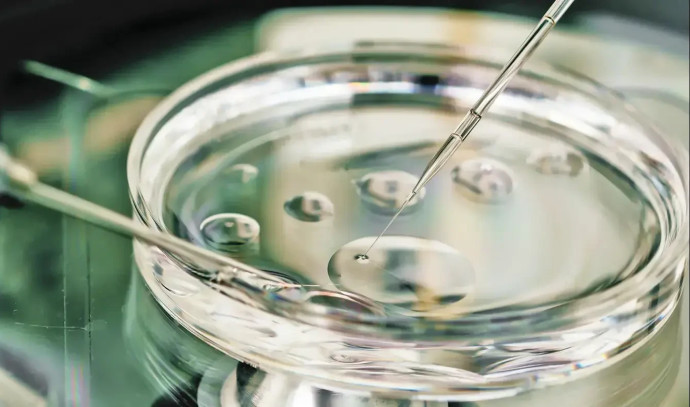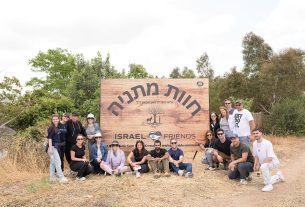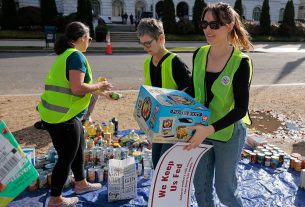During the conflict in Gaza and the events of October 7, many lives were tragically cut short. Now, families are seeking to honor the memory of their loved ones by utilizing their sperm to conceive children, thereby continuing their family lineage. According to Professor Talia Gilboa, who provided data to the Ministry of Health for sperm preservation, the sperm of 39 men, including 32 soldiers and 7 civilians, has been frozen since the beginning of the campaign. Over the past 40 days, 42 new requests have been submitted, although three could not be processed due to the limited time frame for sperm retrieval after death.
A new law
Shortly after the tragic events, the Ministry of Health authorized hospitals to retrieve sperm from deceased individuals for the purpose of future childbirth. This authorization is not limited to the request of a partner but also includes the request of the deceased person’s parents, eliminating the need for court involvement. Presently, the Health Committee is set to propose a bill that will regulate the use of posthumous sperm for procreation under primary legislation.
The bill suggests allowing the deceased person’s spouse, if not opposed, to use the sperm for conception even if explicit instructions were not left behind. This is based on the assumption that the deceased desired the continuity of the family unit they established and respects the right to parenthood of their partner. Furthermore, the bill proposes granting permission to a parent appointed in writing by the deceased to use the sperm through another woman as the birth mother, provided that the deceased did not have a partner or the partner’s daughter does not wish to utilize the sperm.
The proposed legislation also establishes that the extraction of sperm from the deceased can only occur after confirmation of their death and within 48 hours of cardio-respiratory death. Additionally, the director of the hospital’s sperm bank cannot approve the retrieval of sperm from someone under the age of 18.
Professor Yoel Shofero, director of the Fertility and In Vitro Fertilization Unit at the Belinson Medical Center, noted the significant increase in requests for posthumous sperm retrieval since the war began.
Previously, medical centers performing such procedures would typically handle two to three cases per year. However, during the war, there has been a notable surge in requests, with the procedure occurring multiple times a day.
Shofero mentioned the challenges involved in this undertaking for both the families and the medical team. The process is emotionally complex, especially considering the tragic and violent deaths of young individuals. The medical team must also navigate the delicate communication with the bereaved families and provide them with updates on the results of the procedure. These moments are difficult for the treatment team, particularly as the number of cases continues to rise.




